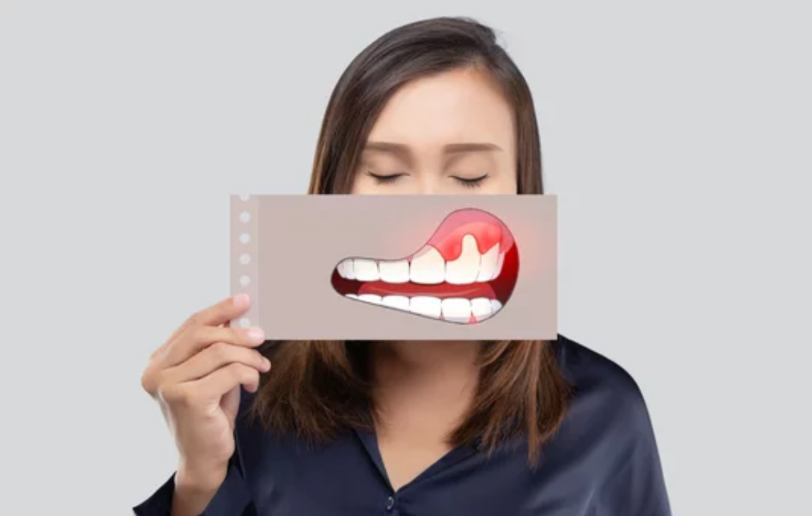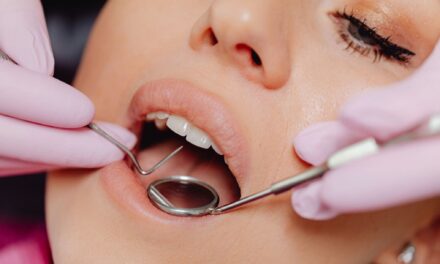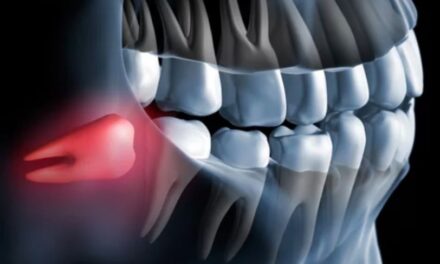Inflamed gums, also known as gingivitis, is a dental problem that can quickly cause discomfort and affect your overall oral health. If left untreated, it can progress into periodontitis, a more severe form of gum disease that can cause tooth loss. Here, we look at the most common causes of inflamed gums and how a dentist will approach treatment for you.
Common Causes of Inflamed Gums
- Poor oral hygiene: Not brushing or flossing regularly can lead to the buildup of plaque and tartar, which can cause inflammation of the gums.
- Smoking: This habit weakens the immune system and makes it harder for the body to fight off infections, including those that cause gum disease.
- Hormonal changes: Changes to hormones during pregnancy, menstruation and menopause can make the gums more susceptible to inflammation.
- Medications: Certain medications, such as blood pressure drugs and antidepressants, can cause a dry mouth condition called ‘xerostomia‘ (or dry mouth at night), which can lead to gum inflammation.
- Diabetes: This condition can affect the body’s ability to fight off infections, making you more vulnerable to gum disease.
Inflamed Gum Treatment from the Dentist
- Scaling and root planing. This is a deep cleaning procedure that removes plaque and tartar from below the gum line and smooths out rough spots on the roots of the teeth.
- Gingival recession treatments. If the gums have receded, exposing the roots of the teeth, the dentist may recommend a gum graft or other surgical procedure to restore the gum tissue.
- Antibiotics. If the gum inflammation is caused by an infection, the dentist may prescribe antibiotics to clear it up.
- Lifestyle changes. The dentist may recommend quitting smoking, improving oral hygiene habits, and managing any underlying health conditions that may be contributing to the problem.
- Mouthwash. Using a mouthwash that contains an antiseptic (such as chlorhexidine)or fluoride can help kill bacteria and prevent plaque buildup, which can reduce inflammation.
In addition to these treatments, it’s important to maintain good oral hygiene habits at home, such as brushing twice a day, flossing daily, and using an antiseptic mouthwash. If you notice inflamed and bleeding gums, make a dentist appointment as soon as possible to prevent the problem from getting worse.
Summary
- In conclusion, inflamed gums can be caused by a variety of factors, but with proper treatment and good oral hygiene habits, you can manage it effectively.
- If you have inflamed gums, schedule an appointment with your dentist to discuss treatment options and ways to prevent it from happening in the future.
- Remember, prevention is key to maintaining optimal oral health.





